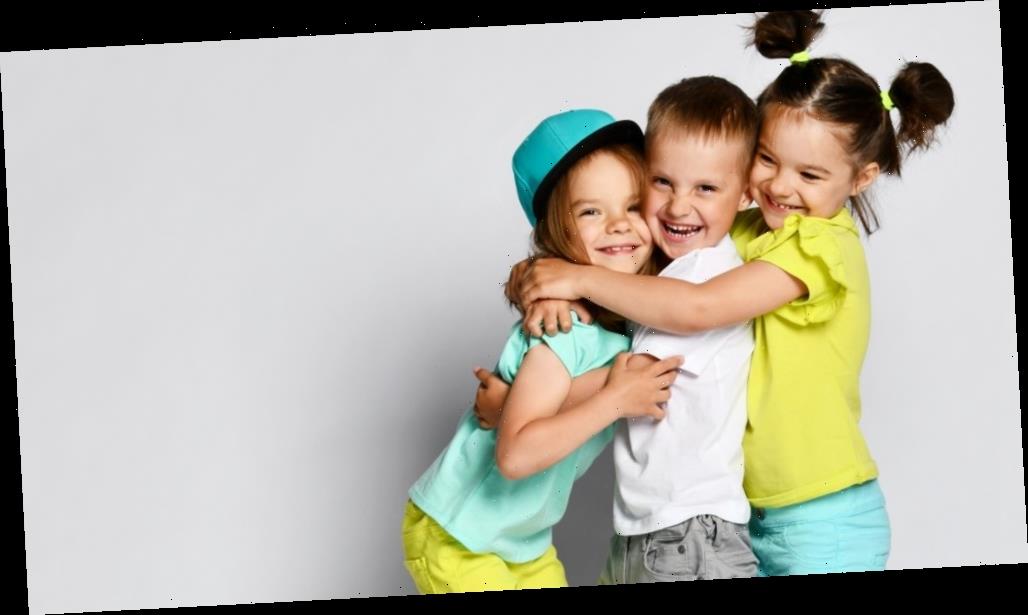
How can three children who grew up with the same mother and father actually have three very different sets of parents? This is not a brain teaser; it’s the psychological theory that birth order influences personality development (via Truity). Nervous, first-time parents, who read parenting manuals and stress about car seats, will produce a very different child than those same folks raising baby number two with the benefit of experience. And the same couple will parent baby number three in a completely different manner, as their lives become increasingly hectic.
“Many parents spend more time reading and explaining things to firstborns. It’s not as easy when other kids come into the picture,” Frank Farley, a psychologist at Temple University, told Parents. Everything from leadership skills to risk-taking can be traced back to whether you came first or grew up wearing your big sib’s hand-me-downs.
So what does it mean if you’re the oldest, middle, or youngest child? (Sorry, onlys, you know you have all your parents’ attention!)
Your birth order may define your personality

Oldest children tend to be leaders. “Mom will say, ‘I have to take a shower, go watch the baby for a while,’ so the firstborn knows how to be responsible and nurturing,” child and family therapist Meri Wallace told Reader’s Digest. Plus, firstborn tend to score higher on IQ tests, according to a University of Edinburgh study.
When you hear the words middle child, you might think of cranky, attention-seeking Jan from The Brady Bunch, who never quite stole the spotlight from big sister Marcia or charmed her parents like little siblings Cindy and Bobby (via Pittsburgh Mom Collective). But being the middle sibling can have social advantages, as they tend to easily make friends and often end up being great negotiators.
What if you’re the baby? The youngest sibling in a family tends to be charming and more willing to take risks. In fact, studies found that entrepreneurs are more likely to be “last-borns,” according to Science Daily.
If this doesn’t sound like your family, note that a few extenuating circumstances can mix things up. Genders, temperament, how far apart in age you are, special needs, and having a younger sibling who is physically larger than the older brother or sister all may influence whether you and your siblings fit the birth order mold, per Real Simple.
Source: Read Full Article
